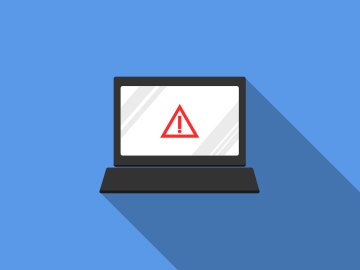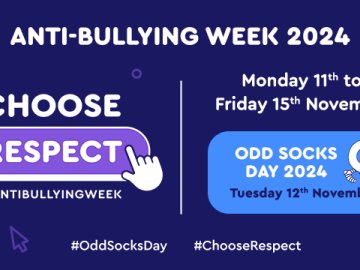Turn to the topic of bullying, whether it’s at a conference or a dinner party, and people’s perspectives vary widely; but most are drawn from their own experiences. It’s a very personal thing to discuss. Many people can relate to times in their lives when they may have felt isolated; targeted; at the receiving end of something unpleasant.
What is cyberbullying?
This subjective response to the subject of bullying can also influence how bullying is defined, and it varies widely. The Directorate General EU (Internal Policies) research in November 2017 “Cyberbullying Among People” concluded that while there is no single internationally agreed upon definition of cyberbullying, according to the literature the following elements characterise cyberbullying: the use of electronic or digital means; the intention to cause harm; an imbalance of power between the victims and the perpetrators; a sense of anonymity and lack of accountability of abusers as well as the publicity of actions.
Only fourteen EU Member States provide an official definition of bullying online. Indeed bullying here in the UK is not a crime as such: only when its actions cut across existing criminal legislation.
So given it is such a personal and emotional area in which to build effective strategies for reduction and response, it seems logical that those strategies are built on understanding the social and emotional dynamics that occur around bullying situations. How to navigate them not only for your own well-being but for those of your friends and society in general.
We often ask children and young people to “Stand up to Bullying!” but seldom equip them to do so.
The ENABLE anti-bullying programme from the Director General Justice of the European Union does just that.
Social and emotional
ENABLE (European Network Against Bullying in Learning and Leisure Environments) aims to tackle bullying in a holistic way, helping young people exercise their fundamental rights in the home, school, class and community (i.e. peer group).
Using a unique approach that combines social and emotional learning (SEL) with Peer Support, the ENABLE team strives to provide school staff with the skills, knowledge and confidence that can help them establish an effective student Peer Support scheme in their schools and develop their students’ social and emotional skills.
You can find the ENABLE resources at here and a full set of introductory webinars at http://enable.eun.org/webinars.






